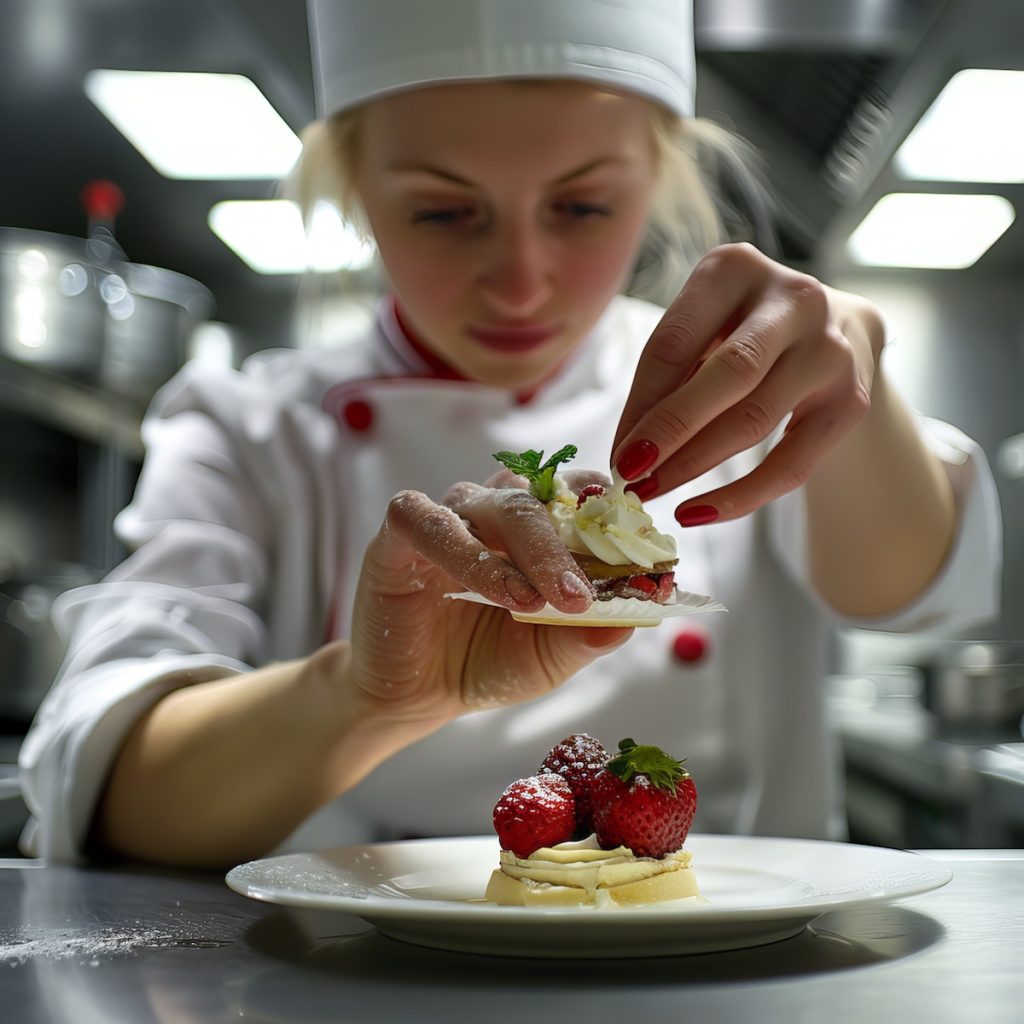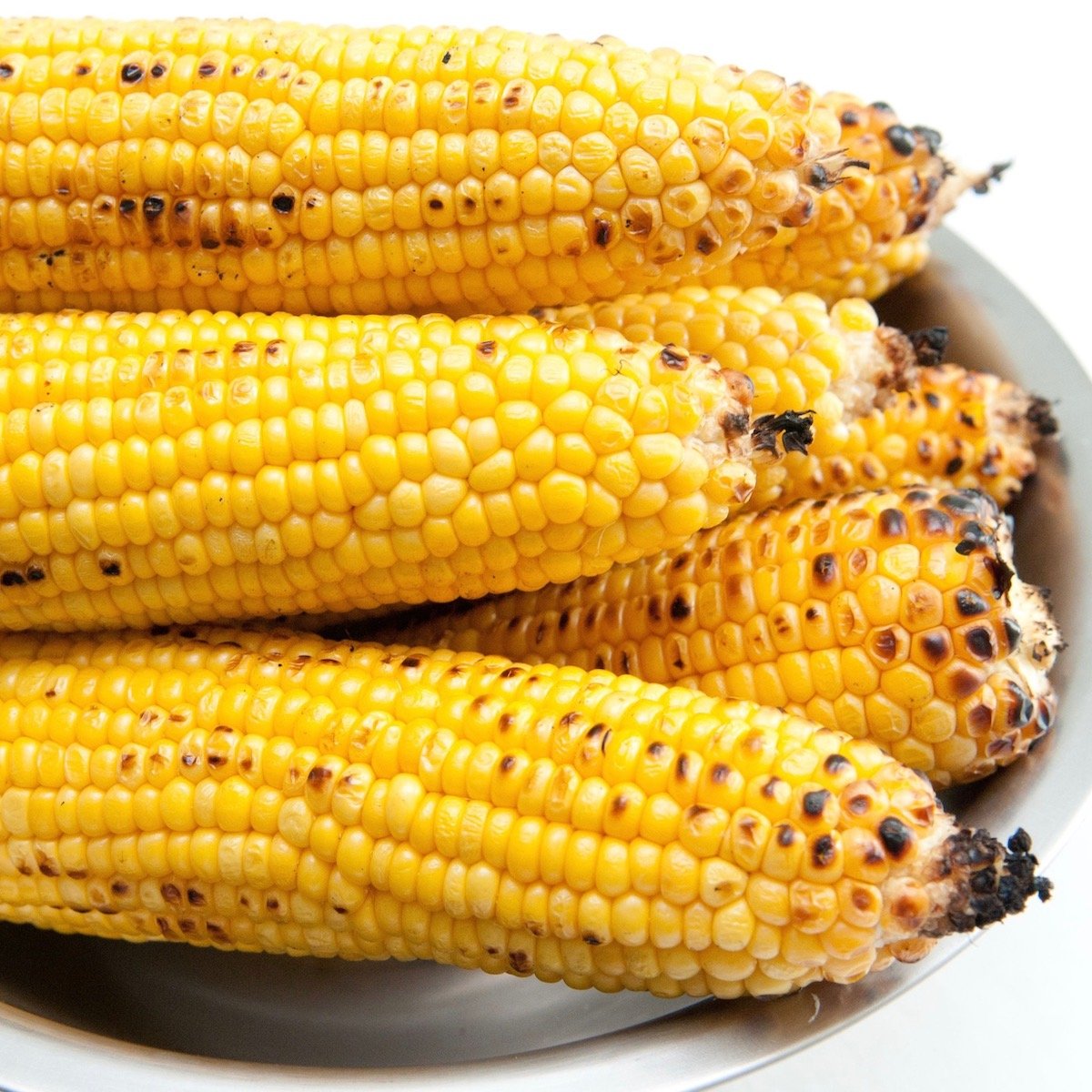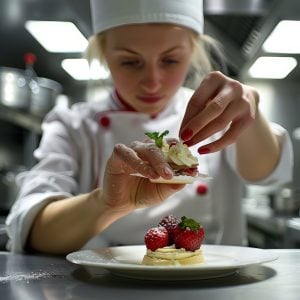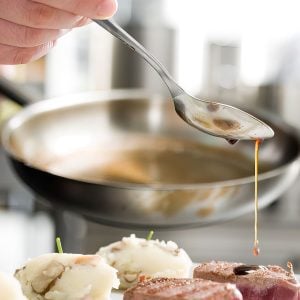How to Become a Gluten Free Chef
One of the hottest trends in the culinary world today is cooking gourmet gluten-free foods. Popular for its health benefits (shedding pounds and eliminating many types of allergies) and a way to live with illnesses like celiac disease, a gluten-free diet primarily eliminates certain types of flours and sweeteners.
This includes cooking without wheat, barley, and rye and eliminating most types of flour, bread, pasta, and even beer. Although no accredited gluten-free cooking schools exist, many reputable culinary institutions are incorporating gluten-free programs as part of a larger culinary package.
Ranging from baking courses (which can be particularly tricky) to straightforward American cuisine, these programs provide another layer of training for cooks seeking to build a strong portfolio of skills.
Benefits of a Gluten-Free Diet
Although most proponents of gluten-free foods cite celiac disease as the leading cause, there are several health benefits believed to be derived from this type of diet.
- Staying away from gluten means avoiding many types of fatty pre-packaged foods.
- Some researchers believe gluten contributes to higher risks of certain types of cancer.
- Other researchers cite the benefits of a gluten-free diet for those who suffer from multiple sclerosis, Parkinson’s disease, autism, seizures, and other neurological disorders.
- Gluten-free foods tend to be higher in natural fiber and protein.
- A gluten-free diet may help reduce the side effects of anemia and diabetes.
Becoming a Gluten-Free Pastry Chef
When you learn gluten-free cooking, you’ll most likely discover new ways of cooking old favorites and how to choose ingredients that avoid the gluten no-nos. (For example, soy sauce and most processed foods contain some sort of gluten, even if it’s only used as a preservative or filler.)
When it comes to cooking techniques, burgeoning chefs learn how to blend different flours, gums, and starches to replicate regular flour. Although it is impossible to use a straightforward substitution, some techniques and ingredients can simulate the same chemical reaction.
If you are interested in learning more about this process and how you might be able to incorporate a gluten-free cooking class into your own culinary education, be sure and talk with the schools you’re considering. You might be surprised at how many of these courses are being included to diversify your skills and meet the demands of health-conscious consumers everywhere.
Is A Culinary Career Right For Me?














